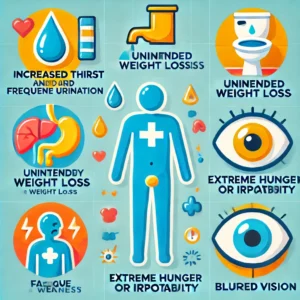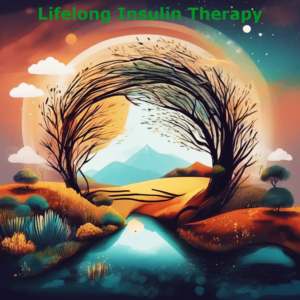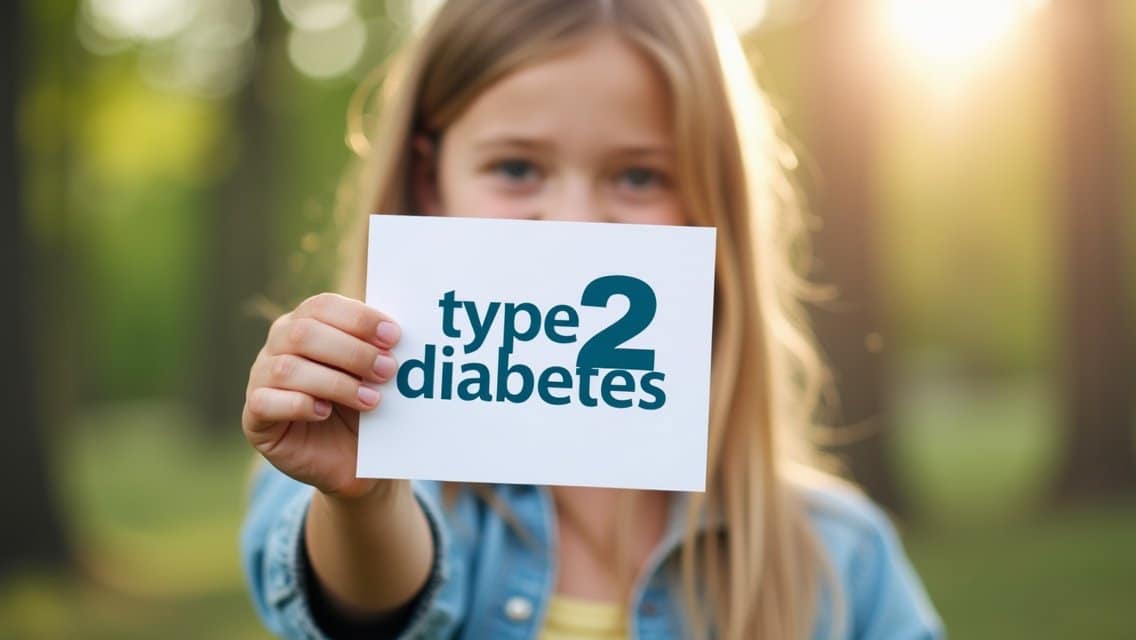Diabetes is a common sickness among many around the world. There are 2 types of diabetes. type 1 diabetes and type 2 diabetes. Here you will find the full details of What is type 1 diabetes?
Useful Articles: 1. What is Diabetes? Basic Information. 2. Natural Treatment for Diabetes. 3. American Diabetes Association. 4. Treatment for Type 1 Diabetes
What is Type 1 Diabetes?
It is a chronic condition in which the pancreas produces little to no insulin, a hormone needed to allow sugar (glucose) to enter cells to produce energy.
It is an autoimmune disease where the immune system mistakenly attacks and destroys the insulin-producing beta cells in the pancreas.
Key Points about Type 1 Diabetes
The exact cause isn’t fully understood, but it is believed to involve a combination of genetic and environmental factors. Unlike type 2 diabetes, lifestyle factors like diet and exercise do not cause type 1 diabetes.
It usually develops in children, teens, or young adults but can appear at any age.
Useful Articles: 1. Signs of Sugar Diabetes. 2. Low Blood Sugar Symptoms: Daily Check Up. 3. Treatment for Gestational Diabetes. 4. Treatment For Diabetic Ketoacidosis

What are the Symptoms?
* Increased thirst and frequent urination.
*Unintended weight loss.
*Extreme hunger or irritability.
*Fatigue and weakness.
*Blurred vision.
Treatment Type 1 Diabetes
The treatment for the people with type 1 diabetes need lifelong insulin therapy, either through injections or an insulin pump, to manage their blood sugar levels. In addition to insulin, monitoring blood sugar levels, eating a healthy diet, regular exercise, and managing stress are important parts of managing the condition.

Without proper treatment, it can lead to serious complications, including heart disease, nerve damage, kidney failure, and diabetic ketoacidosis (DKA), a life-threatening condition.
While there is currently no cure for this, it can be effectively managed with medical care and lifestyle adjustments.
Conclusion
Type 1 diabetes is a lifelong condition that requires careful management.
The body’s inability to produce insulin leads to high blood sugar levels, necessitating insulin therapy.
Early recognition of symptoms like frequent urination and extreme thirst is vital for timely treatment.
With the right care, including insulin, a healthy diet, and regular monitoring, people with it can live full, active lives.
Ongoing research offers hope for new treatments and potential cures in the future.





